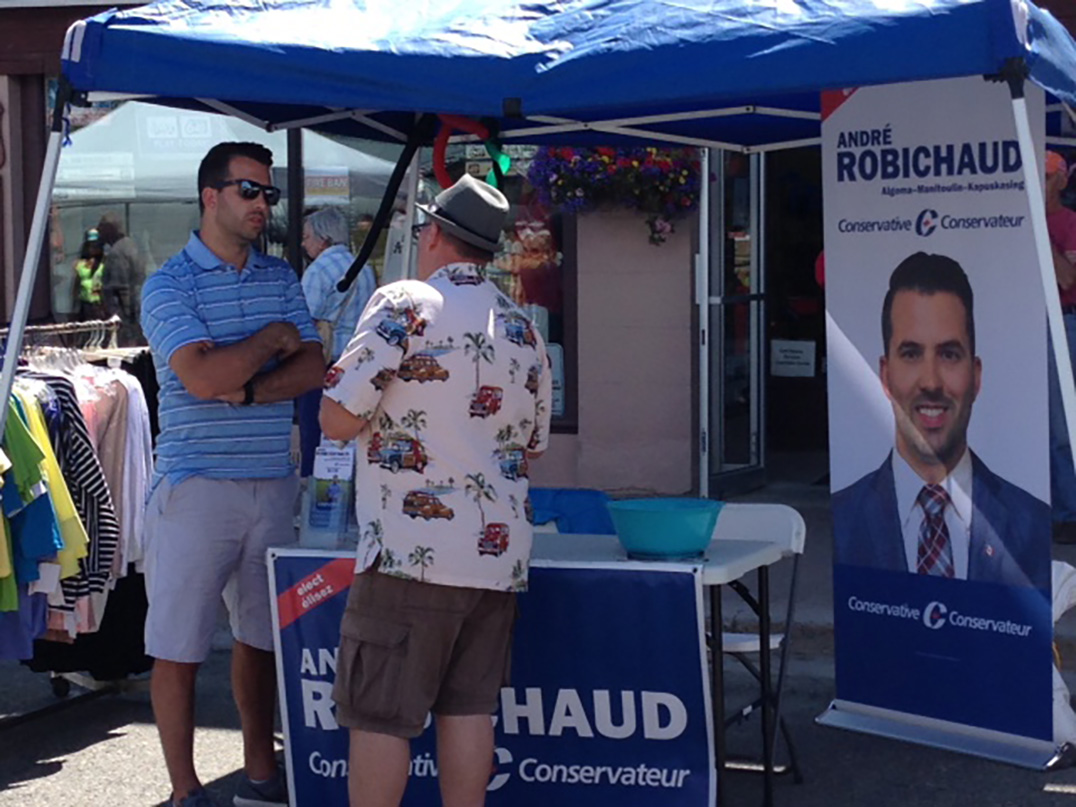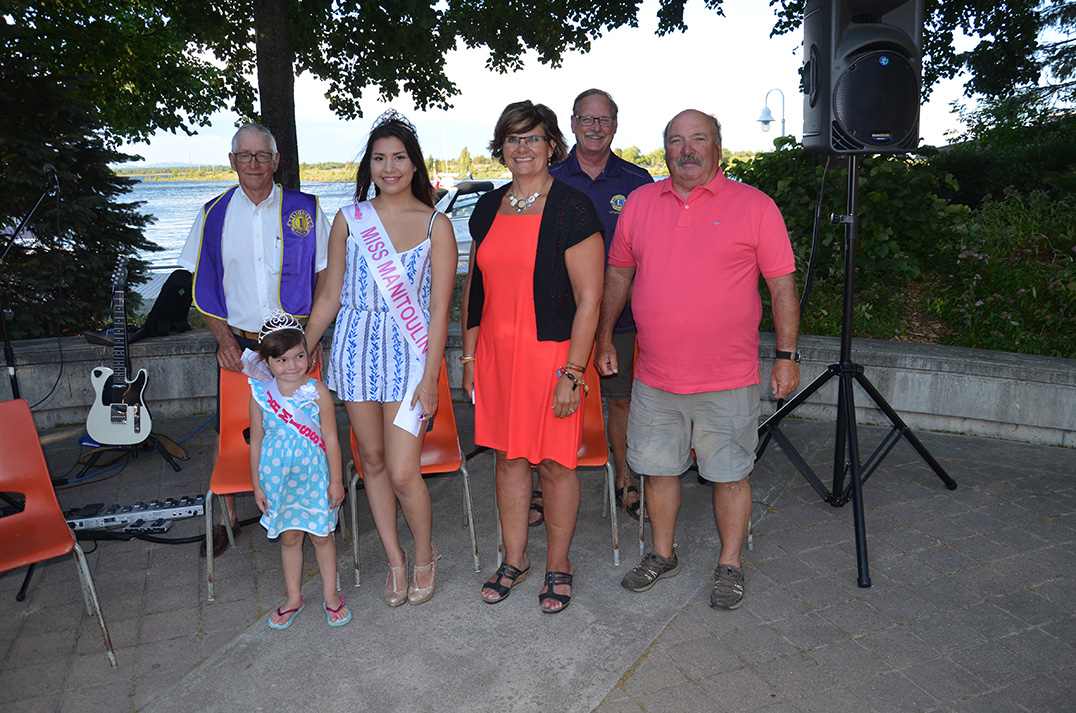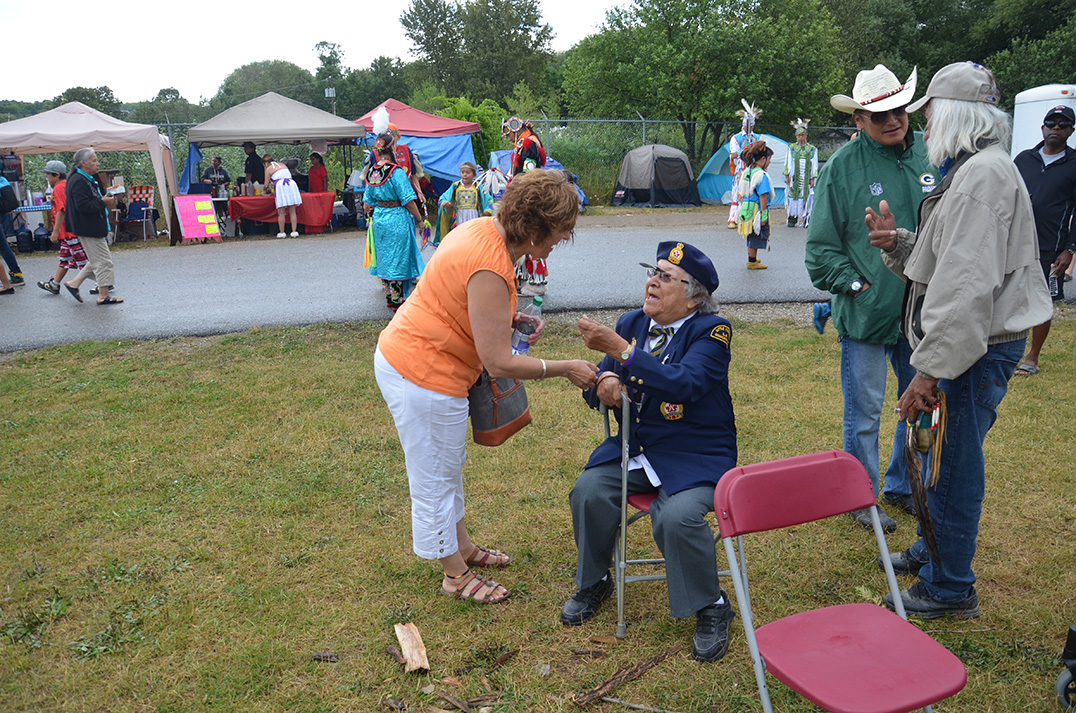OTTAWA— They are off! The unofficial election race has been made official. Prime Minister Stephen Harper travelled to Rideau Hall to request Governor General David Johnston dissolve Parliament and the prime minister has set the election date for the 42nd Parliament since Confederation, as determined by the fixed date election law, for October 19.

voter from his Hawetaer post in downtown Little Current.
In calling the election Prime Minister Harper set off a storm of protest and criticism from the opposition and other government critics who claim the election call, which will see an 11-week election period, one of the longest in Canadian history, was made to favour the Conservative Party of Canada, whose election war chest far outweighs that of the NDP Official Opposition and the third party Liberals.
The opposition claims that the lengthy election will cost Canadian taxpayers millions in unnecessary costs, a charge also aimed at the federal Conservatives by Ontario Premier Kathleen Wynne.
Running for the federal seat in Algoma-Manitoulin-Kapuskasing are incumbent Carol Hughes for the NDP, André Robichaud, an economic development professional and the CAO of Kapuskasing for the Conservatives, and Heather Wilson, the CFO of the Canadian Tire in Espanola for the Liberals.

Under the old rules, the spending limit for parties and candidates was the same whether the campaign was the usual 37 days or any longer period, but that changed under the Conservative’s Fair Elections Act. The cap now rises proportionately to the number of extra days so with this election call, the parties will be permitted to spend more than $50 million nationally during the campaign, double the approximately $25-million they could have spent in the shorter campaign.
Limits for individual candidates would have averaged around $100,000 for a 37-day campaign, but those limits will now be more than double.
The real spending hit is for third-party groups that might have hoped to influence the vote result with non-party campaigns. Until the election is official, they’re effectively able to spend whatever they want, but once the writ has dropped, the limits drop to what is, in national terms, a paltry $200,000 nationally per organization.

Most party insiders expect that, with the exception of signs popping up on lawns and byways in the next few weeks, the election will not really begin to ramp up until the beginning of September, as most Canadians are focussed on their vacations and other summer preoccupations.
Despite their clear advantage in war chests at both the national and local levels, most pundits agree that the Conservatives will have to time their election spending and advertising carefully. If they launch too much too soon, they may simply waste money on “deaf ears,” while if they wait too long and the other parties, particularly the NDP which has been riding high in the polls recently, may gain an unstoppable momentum.
In any event, the election is anticipated to be both long and nasty, as the Conservative track record of attack ads is well-established and the two main opposition parties seek to topple the Tories roost in Ottawa.





